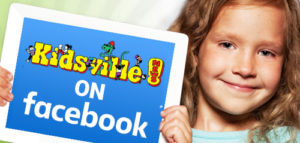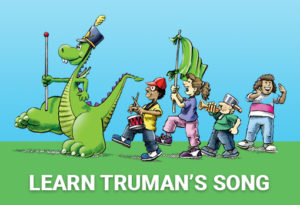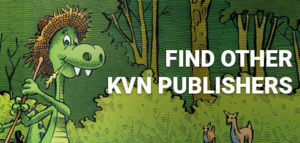Water
Water is an incredibly important resource. Everything on Earth needs it to survive. Fresh water is the most important water for humans and other land-based forms of life. Fresh water is water that does not contain salt, and people use it to drink, cook, bathe and many other things. The difference between salt water and fresh water is very important because people and animals cannot drink salt water. The Earth is covered in water, but most of it is salt water and unusable. Only three percent of the water on earth is fresh water and drinkable, and some of that is in glaciers. The water cycle helps to recycle water, but it is still important not to waste water because humans are using it faster than it can be replaced. Here are some tips about how to use water responsibly.
- Collect rainwater to water plants.
- Fix all faucet and toilet leaks; it can save up to 600 gallons a month.
- Turn off the faucet while you brush your teeth; this can save 10 gallons a day.
- Don’t let the water run when doing the dishes.
- Take shorter showers.
- Wash the bike or car with a bucket, not a hose.
- Make sure the dishwasher and washing machine are full before you use them.
- Water the plants early in the morning or late at night so the water doesn’t evaporate.
- Use a pool cover so water does not evaporate.
- Make sure hoses have shut off nozzles.
- Only fill your glass part way when you get a drink and don’t throw away the water you don’t drink.
- Don’t overfill the bathtub.
- Make sure the sprinkler doesn’t water the sidewalk, only the lawn.
Using water wisely is an important way to keep the world healthy and to make sure everyone has enough water later. Everyone can get involved, and it isn’t that hard to do. Saving water doesn’t mean not using it or never cooling off on a hot day; it just means being smart about your water choices.
For more information on water conservation, go to the following sites: http://wateruseitwisely.com/kids/, www.epa.gov/WaterSense/kids, www.thewaterpage.com/water-conservation-kids.htm,http://saveourh2o.org/kids_can_save.





